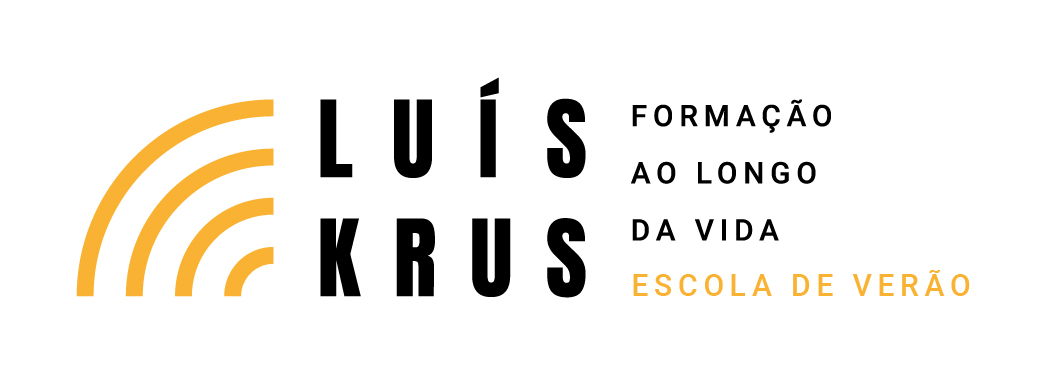
Populism, Illiberalism, and Democracy
This course will be taught online
GOALS
____
This course seeks to provide students with an introduction to the rise of populist and illiberal challenges to liberal democracy in the modern day.This course examines the rise of modern challenges to liberal democracy from the perspective of a political scientist and introduces students to the state-of-the-art research of the populism literature, and topics within proximity. We will touch on a number of questions related to these new movements; What is populism? Who tends to support populist and radical parties and candidates for office?; How does populism manifest itself?; What factors lead to the success or failure of a populist party?; How do populists govern in office?; What are the consequences of populism for the state of democracy?
ProgramME
____
Class 1, day 07/07/2025 (2h)
- Introduction to the Course: Thinking About Contemporary Challenges to Liberal Democracy.
Class 2, day 09/07/2025 (2h)
- Introduction to Populism: Debates over Conceptualization.
Class 3, day 11/07/2025 (2h)
- Operationalizing Populism: Measuring a Fuzzy Concept and Other Methodologies for Studying Populism.
Class 4, day 14/07/2025 (2h)
- Populist Discourses, Styles, and Epistemologies.
Class 5, day 16/07/2025 (2h)
- The Radical Right Party Family, and Right-Wing Populism(s).
Class 6, day 18/07/2025 (2h)
- The Radical Left party family and Left Wing Populism(s).
Class 7, day 21/07/2025 (2h)
- Supply, Demand, and Agency: The Determinants of Populist Success (1).
Class 8, day 23/07/2025 (2h)
- Supply, Demand, and Agency: The Determinants of Populist Success (2).
Class 9, day 25/07/2025 (2h)
- The Organization of Populist and Illiberal Challengers: Movements, Party Organization, and Networks.
Class 10, day 28/07/2025 (2h)
- New Epistemic Realities: Conspiracy Theories and Disinformation.
Class 11, day 30/07/2025 (2h)
- Populism, Illiberalism, and Democracy.
Class 12, day 01/08/2025 (2h)
- Democratic Responses to Illiberal Challengers.
Class 13, day 04/08/2025 (1h)
- Wrapping everything up: Final presentations and Q&A for exam.
BIBLIOGRAPHY
____
- Lobo, Marina C. and Ana Espirito-Santo (2024). O Eleitorado Português No Século XXI. Tinta-da-China: Lisbon.
- Mudde, C. and C. Rovira Kaltwasser. (2017) Populism: A Very Short Introduction. Oxford University Press: Oxford
- Sides J, Tesler M, Vavreck L. (2018). Identity Crisis: The 2016 Presidential Campaign and the Battle for the Meaning of America. Princeton, NJ: Princeton Univ. Press.
- Norris, P., & Inglehart, R. (2019). Cultural Backlash: Trump, Brexit, and Authoritarian Populism. Cambridge: Cambridge University Press.
- Bergmann, E. (2018). Conspiracy and Populism: The Politics of Misinformation. Cham: Palgrave Macmillan.
pré- requesits
____
The course will be entirely in English. Therefore, an intermediate knowledge of the English language is required.
Tuitions fees
____
For more details see table in informações úteis
TEACHERS
____
Marco Lisi é professor associado com agregação no Departamento de Estudos Políticos da NOVA FCSH, onde coordena o Doutoramento em Ciência Política. É também investigador no IPRI-NOVA e membro do Conselho de Redação da revista Relações Internacionais. Os seus principais interesses de investigação são partidos políticos, eleições, grupos de interesse, representação política e campanhas eleitorais, sobre os quais tem publicado vários artigos em revistas nacionais e internacionais. Tem participado em vários projetos nacionais e internacionais. A sua obra mais recente é Partidos em Tempo de Crise (Edições Sílabo, 2022).
João Gaio e Silva é Doutorando em Ciência Política na NOVA FCSH. É Mestre em Ciência Política e Relações Internacionais pela NOVA-FCSH, 2021). O seu principal foco de investigação versa as temáticas do Populismo, Representação Política e Partidos Políticos. A sua dissertação procura oferecer uma leitura abrangente sobre o conceito de representação populista, com foco na implementação de reformas democráticas por partidos populistas e na análise das mudanças que propõem à configuração institucional das democracias representativas.
Patrick Scott Sawyer é doutorado em Ciência Política pelo departamento da Faculdade de Ciências Sociais e Humanas, NOVA FCSH. As suas principais áreas de investigação são o populismo, as teorias da conspiração e a extrema-direita, e os seus artigos têm sido publicados em revistas como Political Studies Review, International Journal of Politics, Culture, and Society e Cross-Cultural Research.
